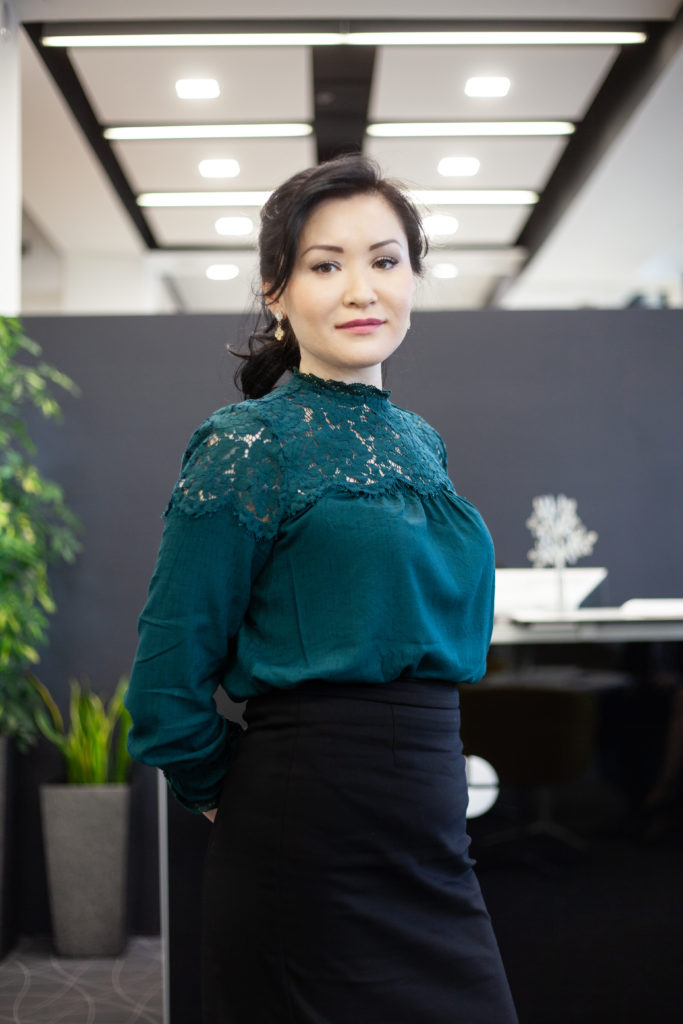On Apr. 28, the 29th session of the Assembly of People of Kazakhstan (APK) was held online. Kazakhstan’s First President Nursultan Nazarbayev, Kazakh President Kassym-Jomart Tokayev, as well as members of the Assembly of People of Kazakhstan in the capital and regions took part in the meeting. In general, more than 600 people participated in the online session.

The agenda of the regular session of the Assembly was “30 years of unity, peace and harmony.” This year brought many difficult challenges both for Kazakhstan, and the whole world, and now it is possible to evaluate the entire path that the country has traveled since gaining independence.
The policy of interethnic peace and harmony is successfully implemented in Kazakhstan. At the dawn of independence, forecasts included the possibility of large-scale interethnic conflicts and the risk of losing statehood. Clearly aware of such risks, in May 1993, Nazarbayev spoke about the key ideas of interethnic policy, the main of which was equality of people regardless of ethnicity, faith or language under the law. Eleven articles of the Kazakh Constitution affirm, protect, and strengthen the unity, peace, and harmony of our state.
Kazakhstan’s Assembly of People, a unique public institution created on the initiative of the First President in 1995, was called to support and promote the strengthening of interethnic harmony.
Life has proved that the strategy chosen by Elbasy (Leader of the Nation) turned out to be correct. As Nazarbayev noted: “This allowed us to create the most favorable conditions for building statehood and provided a powerful resource for shaping the image of modern Kazakhstan.”
The correctness of the chosen strategy is also confirmed by surveys of the country’s population, which clearly demonstrate that the policy in the field of interethnic relations is supported by most citizens.
It should be noted that over the years of development, there has been a consistent increase in the political weight and influence of the APK, as well as its qualitative development. To date, more than 500,000 people participate in the work of public councils and the Assembly.
The Assembly has a number of new tasks including the assistance to low-income and large families, who are most affected by the pandemic. Last year, within the framework of the “Biz birgemiz” (We Are Together) campaign, representatives of different ethnic groups throughout the country, members of the Assembly, and volunteers came to help those in need.
As Nazarbayev emphasized, today, as we emerge from the pandemic crisis, this work must be continued. He considers it important to consolidate the efforts in this direction of the government, the Nur Otan Party, the Assembly, as well as those citizens who can and are ready to provide assistance to those in need.
Finally, the key news was Nazarbayev’s transfer of his power in the APK to President Tokayev. In turn, Tokayev appealed to Nazarbayev with a request to accept a general proposal from the entire Assembly to become an honorary chairman of the APK, considering the great historical services of Nazarbayev to his people and the country.
Nazarbayev assumed new responsibilities and noted that the APK supports all the initiatives of the head of state. As the honorary chairman of the APK emphasized, “we will move forward.”
This once again demonstrated unity, mutual support, and a common vision of a strategy for further state development, including building a single, unified Kazakh nation.
The author is Aiman Zhussupova, an expert of the Institute of World Economics and Politics (IWEP) under the Nursultan Nazarbayev Foundation.

